
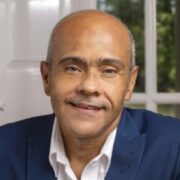
Ministers from The Bahamas, Barbados, and Nevis opened the CIBC and KPMG co-title sponsored 9th Caribbean Infrastructure Forum’s (CARIF 2025) first panel segment with a high-energy discussion on how infrastructure planning, financing, and delivery can unlock economic growth and resilience across the Caribbean, especially when countries work together.
The session, “Ministers Talk: Infrastructure as a Driver of Economic Growth”, was moderated by Richard Threlfall, Global Head of Infrastructure, Government, Healthcare and Transport, KPMG International. The panel included Jobeth Coleby-Davis, Minister of Energy and Transport, The Bahamas; Dr William F. Duguid, Senior Minister in the Prime Minister’s Office, Barbados; and Spencer R. Brand, Minister of Communication, Public Works, Water Services, Physical Planning and Environment, Posts, Labour and Disaster Management, Nevis Island Administration.
From geopolitics and supply-chain pressure to energy transition, grid modernisation, and bankable financing, ministers emphasised practical pathways to deliver critical assets while protecting public balance sheets and strengthening regional collaboration.
Dr William F. Duguid discussed Barbados’ focus on growth-led debt reduction and long-term planning tools paired with innovations. He revealed that Barbados is producing a nation-scale digital twin to accelerate decision-making and disaster recovery.
“We’re making a digital twin of Barbados with every single infrastructure installation. Every pipe that carries water, every single highway, every single pole for electricity,” he said.
Duguid added, “The general idea is infrastructure is important, and infrastructure touches everybody’s lives. We make our priorities based on many things: what is impending, what the country wants, what is necessary and what is policy, and we prioritise those.”

Minister Jobeth Coleby-Davis outlined The Bahamas’ whole-of-system approach to energy modernisation. It includes unbundling utility functions, introducing independent power producers, and reducing costs.
Coleby-Davis said, “Strengthening relationships while also challenging and dealing with geopolitical sensitivities has been a balance that I think we’ve been keeping very well.”
She added, “The Caribbean has some advantage with CARICOM to look within ourselves and see what our strengths are…what our resources are. If we may have some weaknesses in The Bahamas, we may be able to lean on Nevis, Barbados, Jamaica or Trinidad and utilise CARICOM to be able to push forward. How we connect helps us to continue to grow our economy, as opposed to competing. Now, it’s about continuing to grow your economy in the most effective way and to avoid having to put a heavy tax burden on your people. As leaders and as a government, you have to find ways to produce but also limit the amount of cost placed back on the country.”
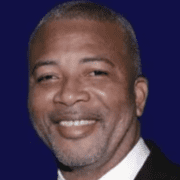
Spencer R Brand highlighted logistics as a binding constraint and shared updates on a geothermal program on Nevis. “If we are to really see a significant improvement in our infrastructure development, we have to fix logistics. We have to begin to think seriously about our logistics from Guyana all the way up to Jamaica and Bahamas. If we can solve our water and food challenges, we can also improve our health in the Caribbean.”
The ministers collectively called for deeper collaboration among countries in the Caribbean to sustain long-term programs.
Running from September 16-17 at the Ritz Carlton Coconut Grove in Miami, CARIF 2025 convened ministers, policymakers, developers, financiers, and multilateral partners for two days of strategy, case studies, and market-making dialogue.
The event, hosted by New Energy Events with co-title sponsors CIBC and KPMG, spans energy security and grid resilience, PPP readiness, tourism-linked infrastructure, digitalisation, health systems, food security, and more. The dynamic event program includes networking roundtables, workshops, and the CARIF Awards.

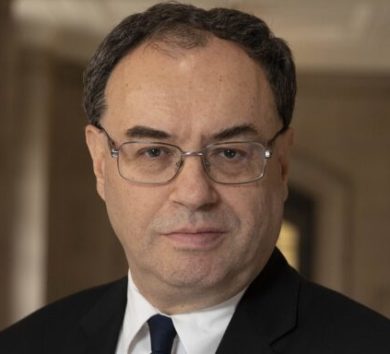

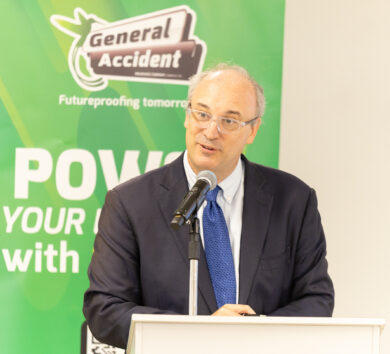
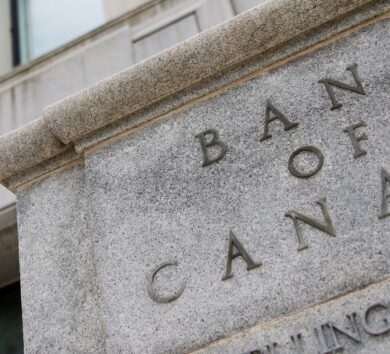


Comments